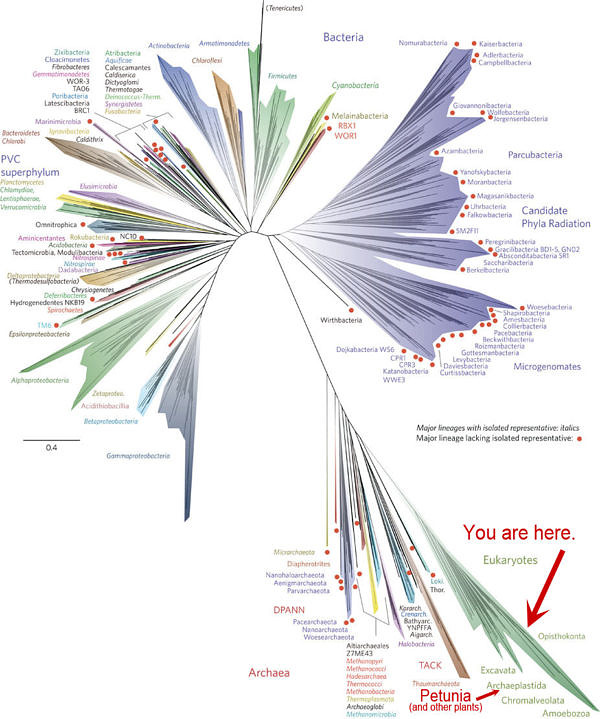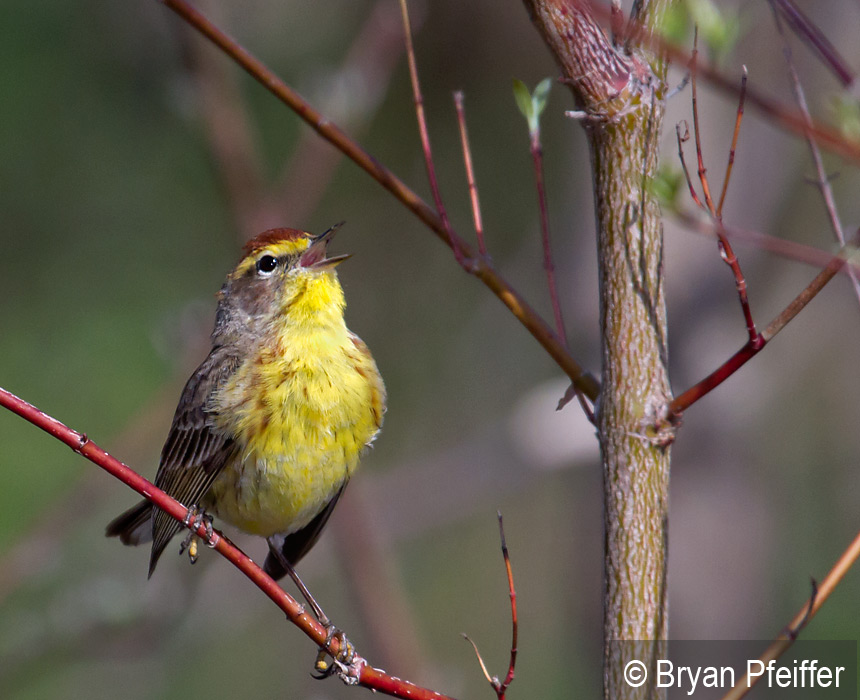Earth Day Week Events (including my “Audacity of Migration” talk on Friday)
 A few random and planned items for this Earth Day week:
A few random and planned items for this Earth Day week:
Meet me this Earth Day, Friday, April 22, at 7PM, at the Waitsfield Elementary School for “The Audacity of Migration.” Here’s the blurb:
In the struggle for existence, migration is among nature’s great events. Birds do it. Whales do it. Even some insects move thousands of miles in spring or fall. Reporting from the frontiers of migration, naturalist and photographer Bryan Pfeiffer will reveal the secrets of migration from the perspective of a bird (Blackpoll Warbler), a butterfly (Monarch) and a dragonfly (Wandering Glider). You’ll be pleased and surprised about these winged migrations.
Also on Earth Day, tune in to WDEV radio’s “Our Nature” program at 1PM to hear my colleague Kent McFarland and I talk nature and photography. Tune in at 96.1FM or 550AM. (I think we’ll also be online after.)
Bacteria rule the Earth. Or so it became clear when biologists published a new tree of life. Hardly a tree anymore, this diagram is an ambitious attempt to show us nothing less than the history of life on Earth. (I’ve added reference points for people and petunias.) We’ve come a long way since Charles Darwin’s simple tree, which got this wonderful adventure going. Read more from Carl Zimmer in The New York Times and Ed Yong in The Atlantic.
In other news from the tree of life, Susan McGovern discovered and photographed an adult Bald Eagle at Berlin Pond (in Berlin, Vermont) on Saturday (still there Sunday). The rush of northbound migrants is picking up some steam, with Virginia Rail, Ruby-crowned Kinglet, Eastern Phoebe, Hermit Thrush, Tree Swallow, Palm Warbler, Louisiana Waterthrush, and other early-birds turning up in good numbers. Warmth here in Vermont also the season’s first butterflies and moths on the wing, including Mourning Cloak, Eastern Comma (both of which over-winter as adults), but also newly emerged species such as West Virginia White and Spring Azure. Onward to spring! Here’s a Palm Warbler.


“There’s also a grander answer: we are the first and only organisms in Earth’s history with the capacity to find and understand the others.”
Hmm……….. We are the first and only organisms in Earth’s history that think that we are the only organisms capable of understanding the others.